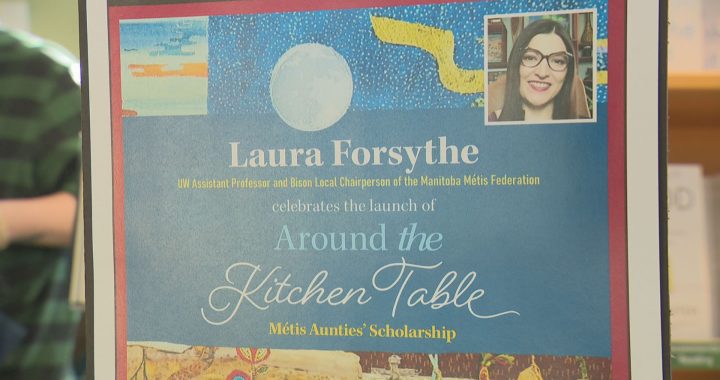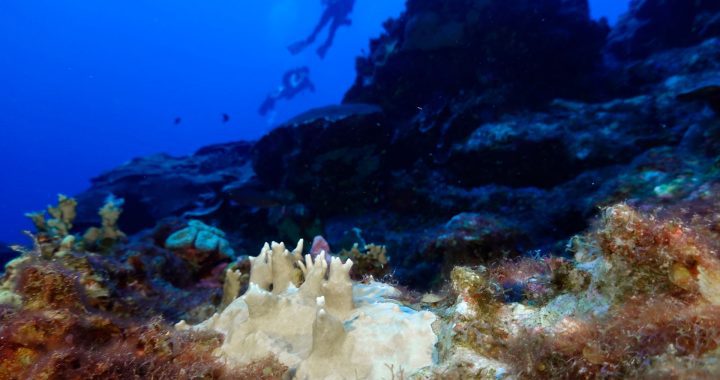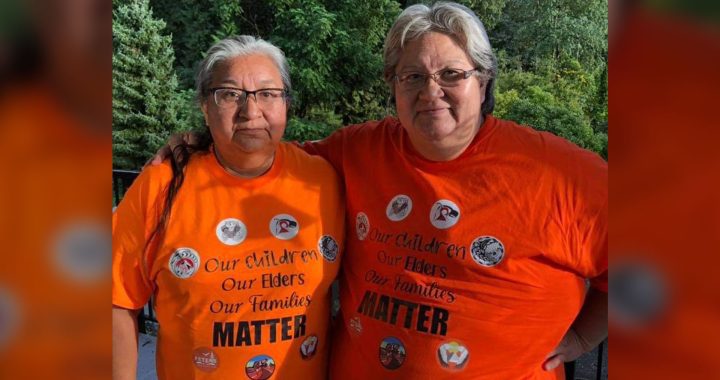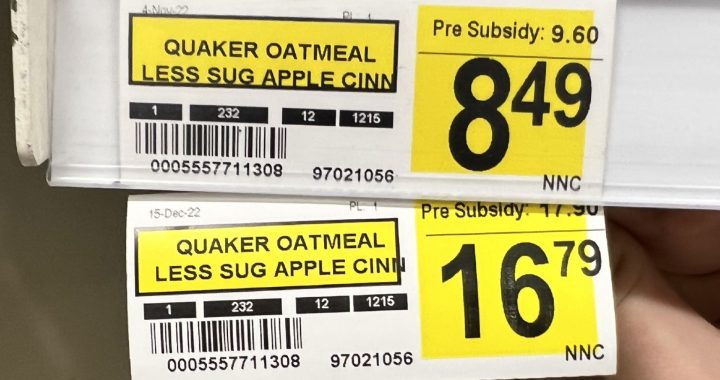A coalition made up of the Canadian Civil Liberties Association (CCLA), , the Canadian Prison Law Association, HIV & AIDS Legal Clinic Ontario, HIV Legal Network has filed a constitutional challenge against the Correctional Service of Canada (CSC) for how it’s handled the COVID-19 pandemic in Canada’s penitentiaries.
Abby Deshman, director of the CCLA, says Indigenous prisoners, which make up more than 35 per cent of Canada’s prison population, are particularly at risk.
“The Correctional Service of Canada has failed to take the steps that would make physical distancing possible within its institutions,” she says in a statement released May 12.
Deshman also told APTN News that Public Safety Minister Bill Blair’s recent statement that inmates are being released is misleading.
At a government briefing on COVID-19 in early May, Blair said, “hundreds” of federal inmates were quietly released amidst a COVID-19 outbreak in several government-run institutions.
He also assured Canadians that the government, CSC and the Parole Board took “a number of very significant steps” to ensure the health and safety of the inmate populations.
“[Corrections officials] have been working hard to make sure those individuals are considered for early release, and literally hundreds of people have, in fact, been placed back into the community,” he explained.
Blair said at the time that more than 600 federal inmates applied for early or exceptional release because of COVID-19.
But it’s not clear whether Blair misunderstood the question, or was, as Deshman called it, misleading.
“In any given month CSC releases a few hundred people, that’s not an increase over what would be considered normal business for CSC,” says Deshman. “And I don’t think normal business is a sufficient response to this unprecedented health crisis. What we would be looking for is really an indication that CSC has taken more steps then it would in normal courses its work to triage the population and make sure the people are safely housed.”
APTN has requested several interviews with Blair. None have been granted.
APTN also asked when the minister will be appearing again at the government’s daily briefing – that information was not supplied.
The release of prisoners is also a concern to Jesse Donovan, a lawyer with First Peoples Law.
“What Canada needs to do is cooperate with Indigenous governments in order to determine how these targeted releases should go forward,” Donovan told APTN. “That indigenous people are actively involved in the process so that release takes place in a planned way.”
Despite assurances that Canada is doing all it can to protect inmates, prisoners continue to get sick.
CSC now reports 343 positive cases across the country including two deaths.
Canada’s head of public health says while social distancing is an issue in prison, releasing inmates must be closely monitoried.
“Supporting people as they are being released from institutions, knowing what their plan is for prevention protection control, if they need, if there are local requirements for isolation for quarantine for 14 days for example,” said Dr. Theresa Tam. “That’s in play. They need to be supported they need to do that.
“To protect themselves and also their communities so those kind of plans are really important.”
Tam says should cases continue to rise in federal prisons, rapid testing and a supply of personal protection equipment will be essential.
The CSC said in a statement that has received the notice and is reviewing the file.
“The continued health, safety and well-being of our employees and inmates is critical, as is our ongoing ability to maintain safe and secure environments as well as public safety,” said a statement from CSC to APTN.
“To prevent the spread of COVID-19, in all of our institutions, CSC has suspended visits to inmates, all temporary absences (unless medically necessary) work releases for offenders, and all inter-regional and international transfers of inmates.”
With files from Lindsay Richardson









